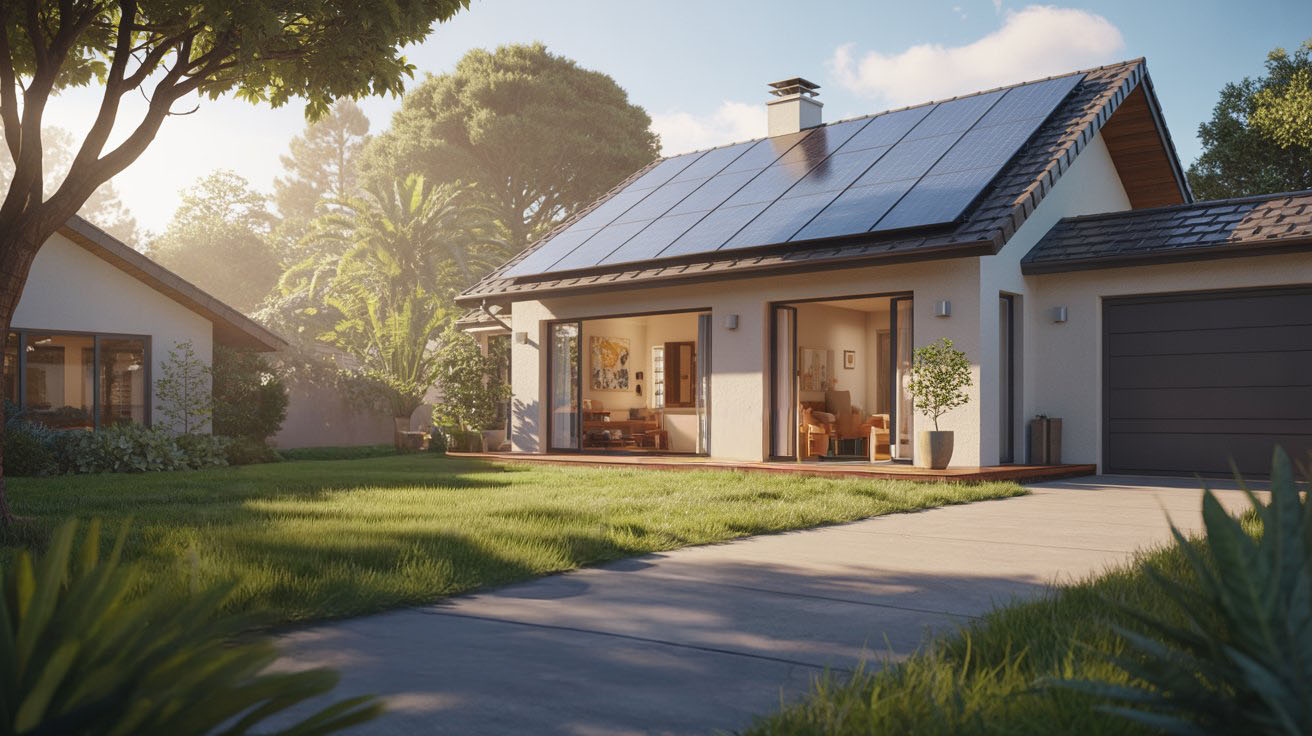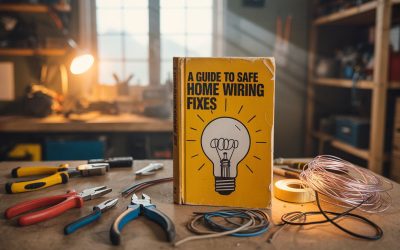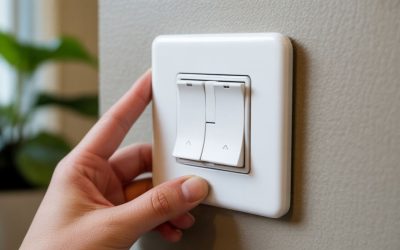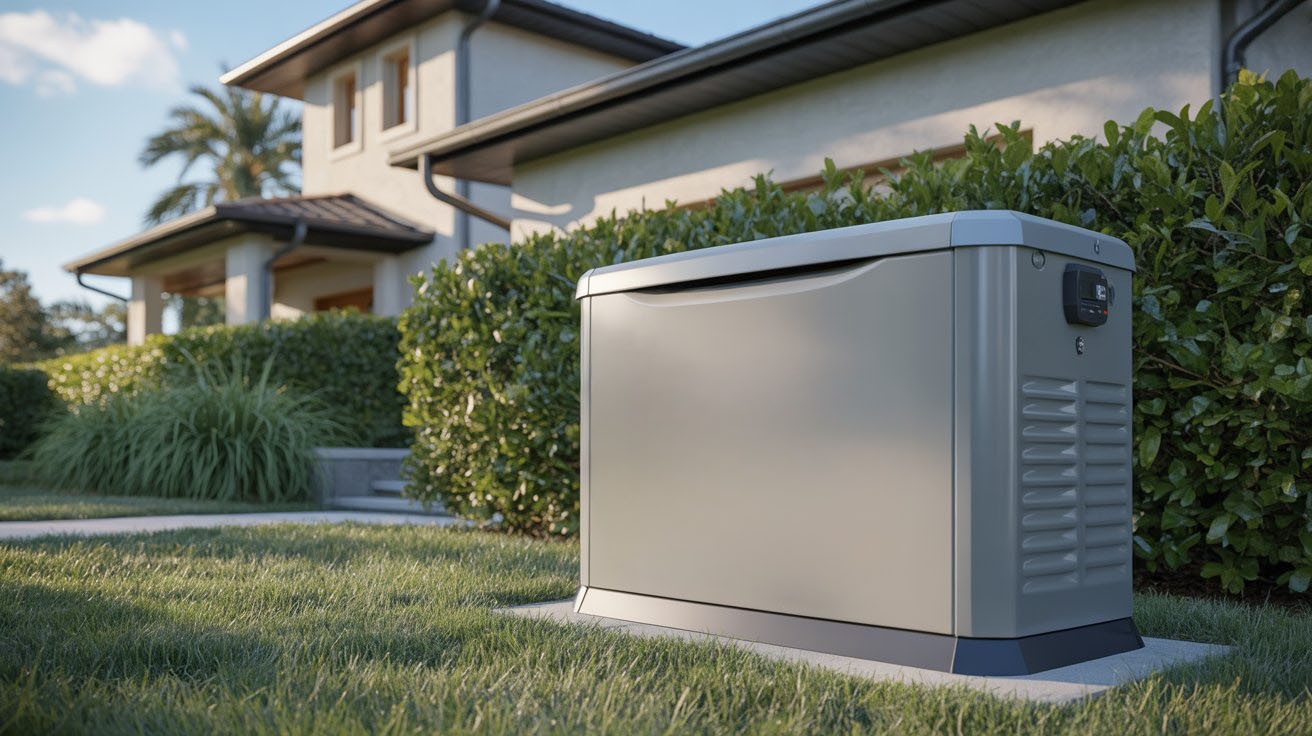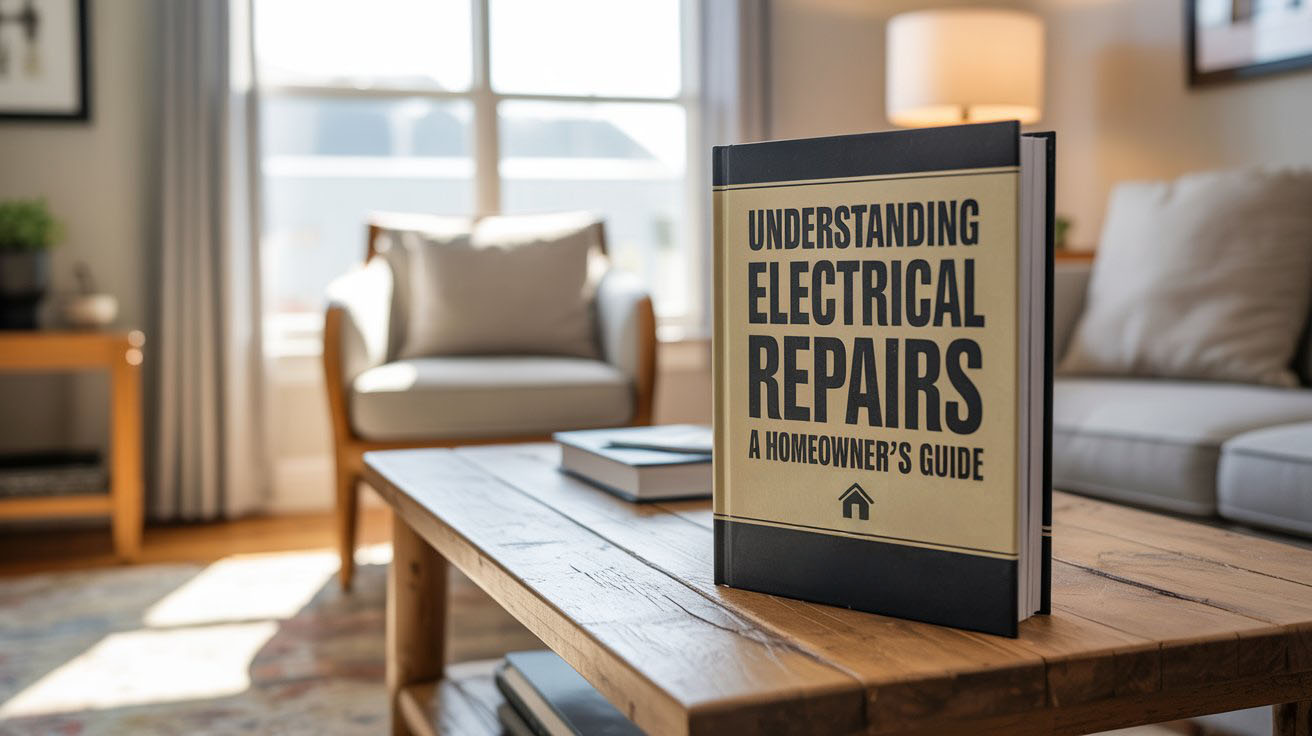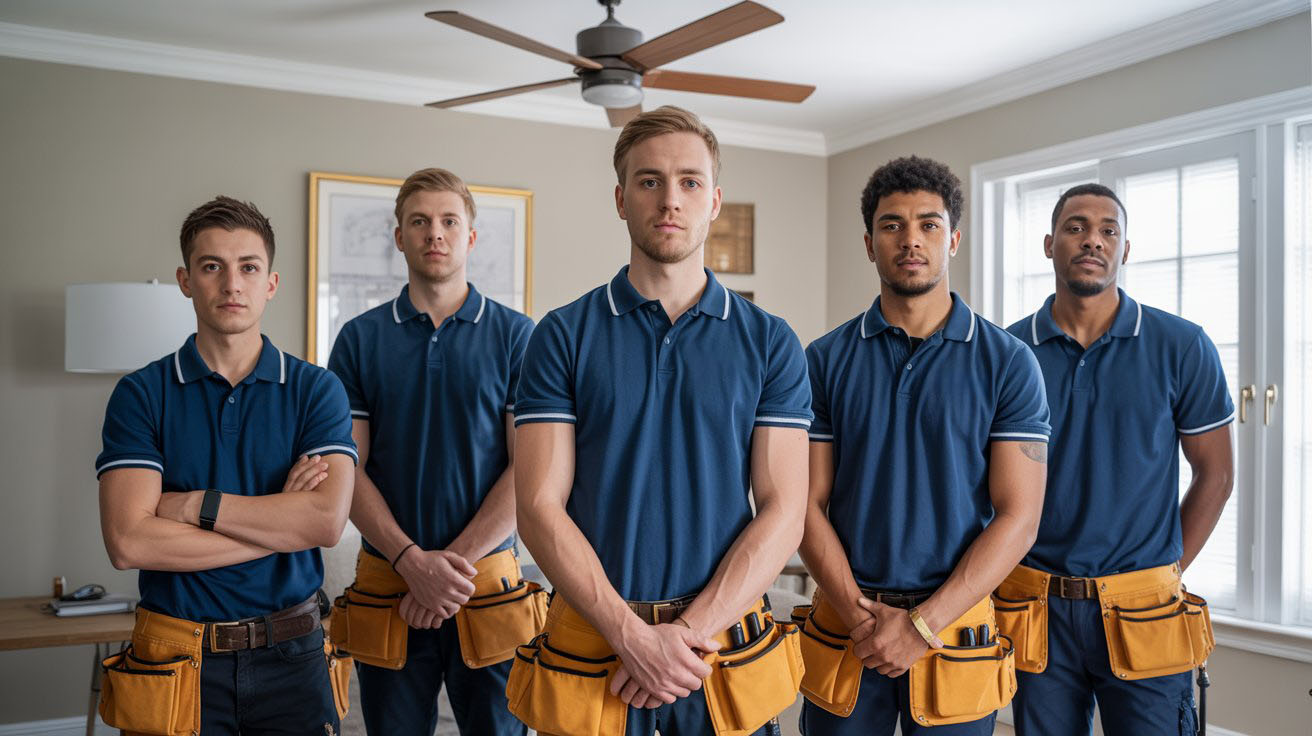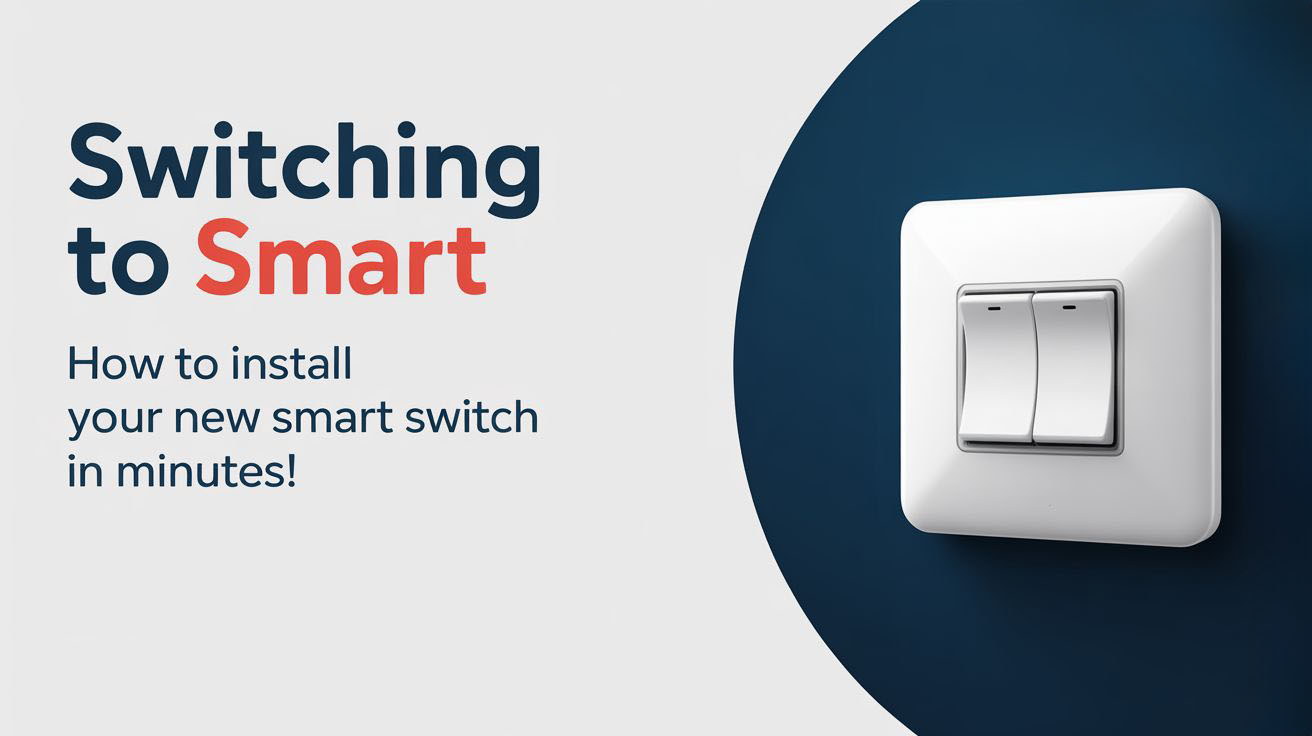Switching to solar energy can save you money and help the environment. This guide provides straightforward steps to ensure a smooth and effective solar panel installation.
Table of Contents
- Benefits of Solar Energy
- Preparing for Your Installation
- Choosing the Right Electrician
- The Installation Process
- Maintaining Your Solar Panels
- Key Takeaways
- Frequently Asked Questions
Benefits of Solar Energy
Solar energy has many advantages. Here are some key benefits:
- Cost Savings: Solar panels can significantly lower your electricity bills.
- Environmentally Friendly: Using solar power reduces your carbon footprint.
- Energy Independence: Solar energy allows you to rely less on traditional power sources.
- Increased Home Value: Homes with solar systems often have higher property values.
Owning a solar panel system allows you to produce your own energy, resulting in long-term savings. With government incentives, transitioning to solar has never been more affordable.
Preparing for Your Installation
Before installation, some preparations are needed. Start by evaluating your current energy usage. Check your electricity bills from the past year to understand how much energy you consume. Next, assess your property to determine the best location for solar panel placement. Areas with ample sunlight are ideal. Look for roof spots free of shade from trees or buildings, as shading can reduce efficiency. You’ll also need to check local regulations and obtain any necessary permits for installation. Most areas have guidelines regarding solar energy systems, so research this ahead of time for a smoother process.
Choosing the Right Electrician
Choosing a qualified electrician is crucial for a successful solar installation. Look for professionals with solar experience. Here are some tips:
- Check Credentials: Ensure the electrician is licensed and insured.
- Read Reviews: Look for customer feedback online to gauge their reliability.
- Get Multiple Quotes: Don’t hesitate to reach out to several electricians for estimates.
- Ask About Experience: Don’t shy away from asking how many solar installations they’ve completed.
Working with a knowledgeable electrician will ensure your system is installed safely and efficiently, laying the groundwork for years of solar energy savings.
The Installation Process
Understanding the installation process can ease any concerns you may have. Here’s a brief overview:
- Consultation: The electrician will visit your home to discuss your energy needs and assess your roof.
- Design: They will create a layout for the solar panels based on your home’s specifications.
- Installation Day: The installation typically takes one to three days to complete. The team will mount the panels on your roof and connect them to your electrical system.
- Final Inspection: Following installation, a final inspection will be conducted to ensure that everything is functioning correctly and meets safety standards.
Each step is essential for a successful setup, so ensure all aspects are clear before proceeding.
Maintaining Your Solar Panels
Once installed, maintaining your solar panels is relatively simple. Regular maintenance helps maximize efficiency and extend the lifespan of your system:
- Keep Them Clean: Dust and debris can accumulate on panels. Regular cleaning enhances sunlight absorption.
- Check for Damage: Periodically inspect panels for cracks or other signs of damage.
- Monitor Performance: Use monitoring tools to track energy production and identify potential issues.
- Schedule Professional Inspections: Having a professional check your system annually can help catch issues early.
Simple upkeep will keep your solar panels functioning at their best, ensuring you enjoy the benefits for years to come.
Key Takeaways
- Solar energy can save money and benefit the environment.
- Proper preparation and planning are essential for a successful installation.
- Select a qualified electrician with experience in solar installations for optimal results.
- Regular maintenance can enhance the performance of your solar panels.
Frequently Asked Questions
1. How much do solar panels typically cost?
The cost can vary widely but typically falls between $15,000 and $25,000 before incentives.
2. What happens on installation day?
The installation crew will set up the panels, connect them to your electrical system, and ensure everything meets safety regulations.
3. Do solar panels work on cloudy days?
Yes, solar panels can still produce energy even on cloudy days, although efficiency may be reduced.
4. How long do solar panels last?
Most solar panels come with warranties of 25 years, but many can last longer with proper maintenance.
Switching to solar energy is a step toward sustainability and cost savings. If you’re ready to take the plunge, it’s time to get started. For expert electrician services to help with your solar panel installation, contact us today.

